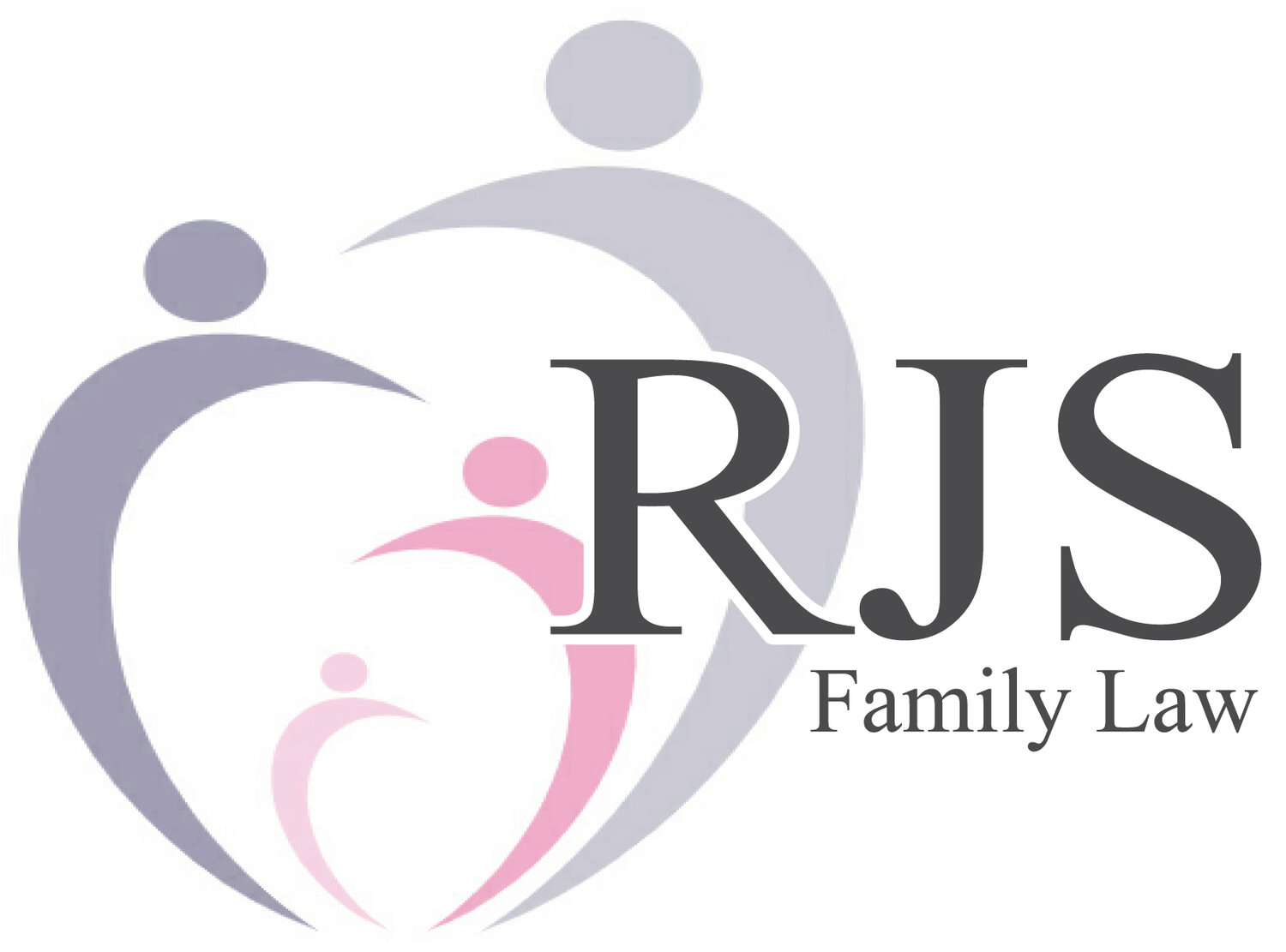Child Maintenance - What Is It & How Much Should I Receive?
Child maintenance is a regular, reliable financial payment, usually paid by a non-resident parent, also known as the ‘Paying Parent’ to the resident parent - the ‘Parent with Care’ (could also be a guardian / grandparent) to provide financial support to help towards a child’s everyday living costs.
Child maintenance is usually administered through the ‘Child Maintenance Service’ (CMS), although some separated / divorced parents prefer to make their own, private care arrangements.
The CMS is a UK government service, for England, Wales and Scotland, that not only sets out official payment guidelines, but also, administers, works out and – should you wish, collects payments from the ‘paying parent’ on your behalf. They also have the legal powers to enforce payments, using various means at their disposal, should payments not be forthcoming.
The CMS has a system in place to work out what the ‘paying parent’ needs to pay. By working closely with ‘Her Majesty’s Customs & Revenues (HMRC) they can look at the ‘paying parent’s’ gross annual income to find out what the ‘paying parent’ should be paying on a weekly basis – although payments to you might not necessarily be paid weekly; they might be paid monthly for example. They can find out gross annual income figures from submitted employers information or an individual’s last submitted tax return. From this information, the CMS will apply one of 5 payment rates. However, the rate applied will be subject to various things that could reduce the amount of child maintenance you receive. The number of children your ex partner has from a previous relationship, their payments into an occupational pension scheme as well as any benefits they might be receiving all have an influence on the amount of child maintenance paid / received. If child care is shared, the number of nights a child / children stays with the ‘paying parent’ also serves to reduce the amount of child maintenance paid / received.
Annual reviews are conducted by the CMS. However, gross annual income has to change by a minimum of 25% either way to effect any changes to payment amounts; although you need to be aware that the CMS can temporarily reduce or even suspend payments if the ‘paying parent’s’ job has been adversely affected by ‘Covid 19.’
The Weekly payment rates are as follows:
Nil Rate – If earnings are less than £7 a week, no payments will be made.
Flat Rate - if earnings are £7 to £100 a week, a CM payment of £7.
Reduced Rate – For earnings of the first £100 a week a CM payment of £7 followed by 17% of any earnings above £100 and up to £200. This percentage increases to £7 + 25% for 2 children then £7 + 31% for 3 or more children
Basic Rate – For earnings of £200 to £800, 12%. This percentage increases to 16% for two children and 19% for 3 or more children.
Basic Rate Plus – For earnings of £800 to £3,000. 12% for the first £800 + 9% on amounts above £800; for two children 16% on first £800 + 12% and for 3 or more children its 19% on the first £800 + 15%.
As already mentioned, these calculations would be subject to other factures to include dependent children from previous relationships, pension contributions, benefits received and shared care arrangements.
if you are a parent with care and you are experiencing difficulties in receiving maintenance for your children OR you would like further information on how to obtain maintenance at a ‘fair’ recommended amount, then get in touch with RJS Family Law.
